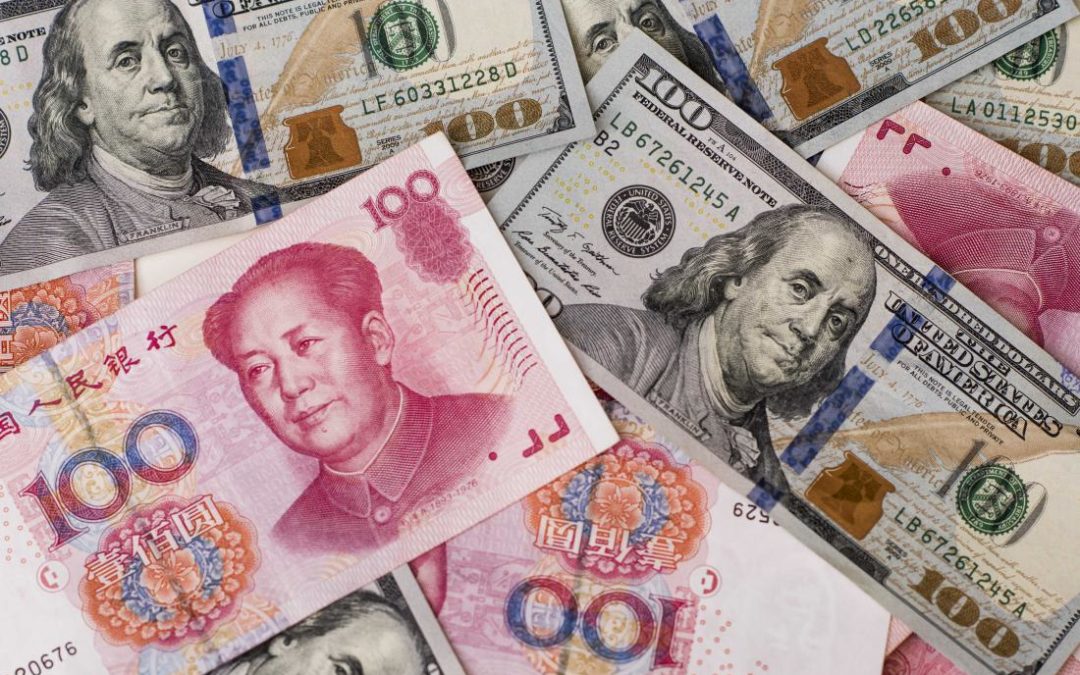Many American and European economists argue that currency manipulation is an issue that the world economic policy needs to address. The process of countries keeping their exchange rates weak and the dollar strong by selling their own currencies in the foreign exchange markets is known as currency manipulation. Countries that perform currency manipulation raise the price of their imports and subsidize their exports. At the expense of the United States and other economies, these countries generate domestic production, increase their trade surplus, and strengthen their international competitive positions.
The United States of America accuses countries such as China of engaging in currency manipulation practices. President Obama and the U.S government accused China of cheating at international trade. According to them, China manipulates its currency by depressing the price of its exports. The natural market supply demand function of the currency exchanges is what currency manipulation bypasses. The country with a trade-surplus uses currency manipulation to maintain the demand and keep the price of other currencies up. This ensures that the goods from its own country still cost less while goods from other countries cost more.
Most people in America and other ‘developed’ countries accept the theory that currency devaluation hurts the United States by increasing the ‘trade deficit’ and helps China by increasing its exports. Often, American economists argue that what China is doing is illegal. In order to prevent members, which includes China, from gaining an unfair advantage over other members, IMF requires all member governments to avoid manipulating exchange rates. However, China claims that the purpose of managing its currency is not to cheat trading partners but to ensure domestic stability.
Today, many news sources are highlighting the fact that China is manipulating the valuation of the Yuan (RMB) to protect itself from a free market currency valuation. Furthermore, they state that such a valuation would lead to the devaluation of the RMB.
First and foremost, everyone needs to understand that the Central Bank of every sovereign country has the right to fix an exchange rate that stabilizes that country’s policies and/or full employment. With full employment in mind, let’s consider this question: How devaluing the Chinese RMB would affect the Chinese employment and the US economy?
The current exchange rate between the RMB and the USD is 6.51 at the time of publishing this article. That means every US dollar is worth 6.51 Chinese Yuan (RMB) or for each loaf of bread, assuming the loaf is $1.00, bought for a US household buys 6 ½ loaves of bread for a Chinese household.
Now, as an example, let’s cut the exchange rate to 3 so each loaf of bread bought in a US household now only buys 3 loaves of bread for a Chinese household. This means that the price of each loaf of bread in China has now doubled. If the price of bread has doubled because of the exchange rate being cut in half then the workers in China are going to demand more wages.
When Chinese employers raise wages for angry employees trying to buy bread then they have to raise prices to cover for the wage increase. When Chinese employers raise prices, the cost of exports to the US consumer goes up! Now US consumers are paying higher prices for a loaf of bread that used to cost them a dollar! In other words, no one wins.
